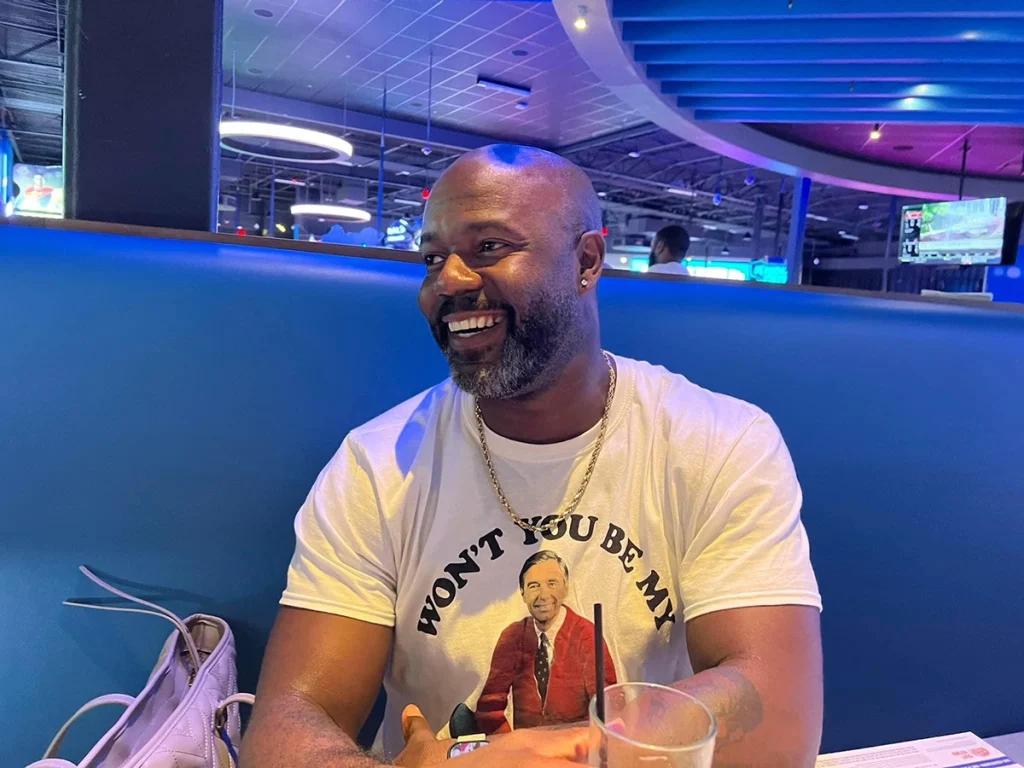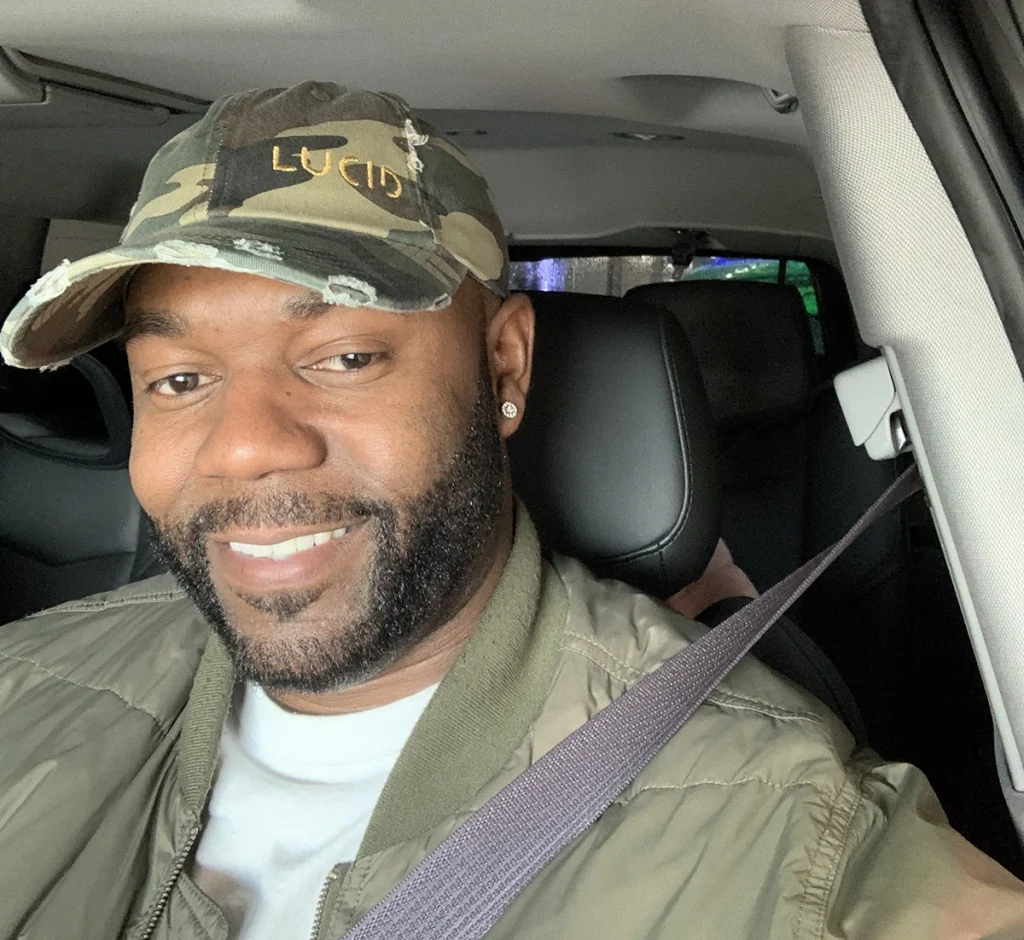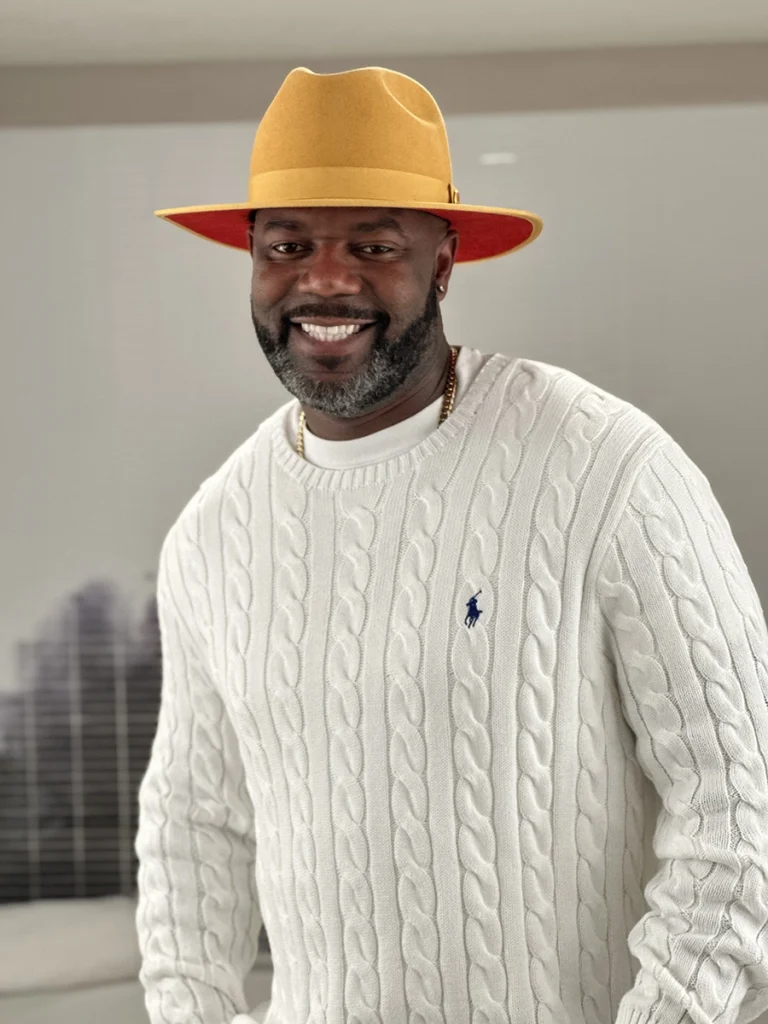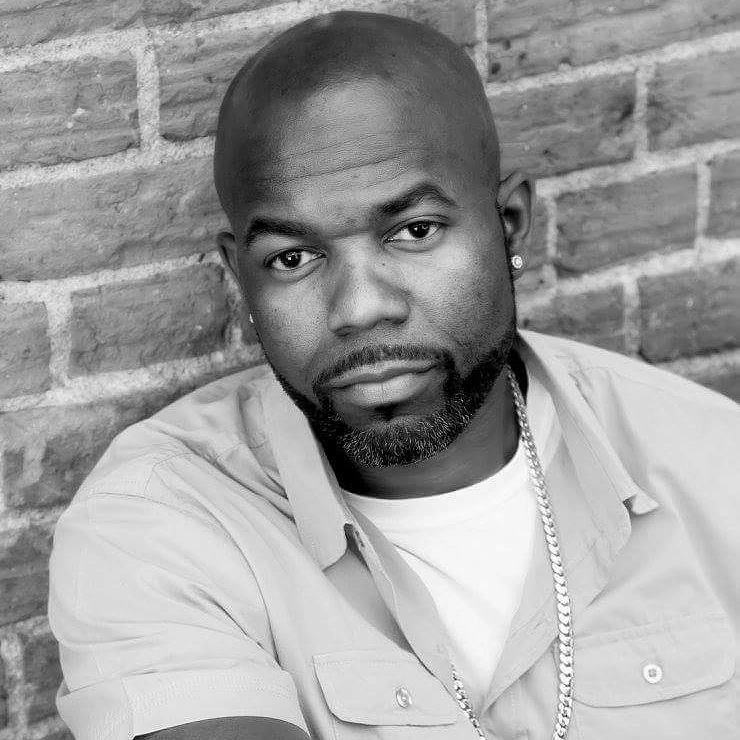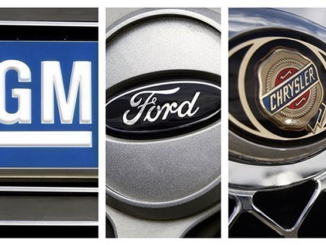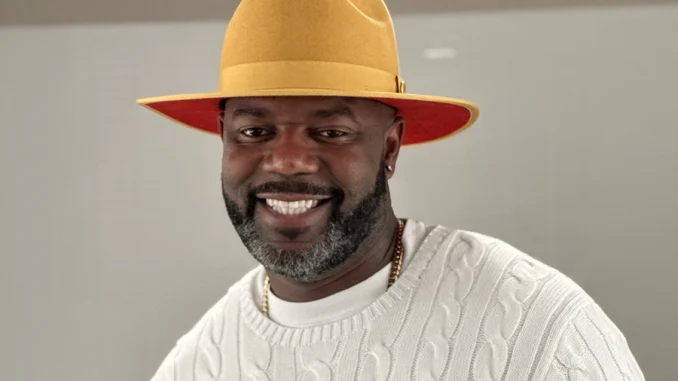
By Staff
In an industry often clouded by stigma and systemic barriers, Dennis Turner stands as a beacon of purpose, resilience, and faith. As one of the few Black dispensary owners in Washington State, Turner’s journey into cannabis was born not from profit, but from compassion—a son’s desire to ease his mother’s suffering and redefine what healing could look like for his community. Through his company, The Euphoria Group, he has built more than a business; he has cultivated a movement grounded in education, equity, and empowerment. From the courtroom battles that tested his resolve to the community drives that anchor his mission, Turner’s story is one of grace under pressure and belief in divine authorship. His message is simple yet profound: God is a good author—and every chapter, even the painful ones, serves a greater purpose.
Your journey in the cannabis industry began with compassion—serving patients with cancer and other debilitating illnesses. How did those early experiences shape your understanding of cannabis as a tool for wellness and healing?
In the early stages of my career, there was still a heavy stigma surrounding cannabis and the industry as a whole. I was born in Berkeley, California, and raised in Detroit, Michigan, and Toledo, Ohio, by my mother, a single parent who raised me, my sister, and five nieces and nephews in a small three-bedroom apartment. When I was ten, my mom was diagnosed with Crohn’s disease, and I watched her endure excruciating pain—both from the illness and from the side effects of pharmaceutical medications. At one point, the combination nearly took her life.
By God’s grace, she survived, and we discovered that natural diet changes and cannabis could transform her quality of life. The doctors told us she’d be lucky to make it five more years; today, she’s still here, and I’m 45. That experience became the foundation of my introduction to the medical cannabis industry. My mission was to learn as much as possible about cannabis’s medicinal benefits so we could guide patients with care and integrity. We may not have cured cancer or chronic illnesses, but we provided education, compassion, and safer alternatives that helped patients live better lives.
You are among the small percentage of Black dispensary owners in Washington State. What barriers did you have to overcome to build your business in such a competitive and historically exclusive industry?
Black ownership in Washington’s cannabis sector makes up maybe five percent of the entire industry. When I entered the market in 2016, the state had licensed about 500 retailers and over 1,500 producers and processors—roughly 2,000 businesses—and I was the only African American retailer in all of Eastern Washington.
I’ll never forget walking into the Cheney Planning Department, a small college town home to Eastern Washington University, to apply for a dispensary license. There were no dispensaries there at the time, so it shocked everyone—and even made the local news. I knew it wouldn’t be easy. The city tried to deny my permit, claiming my location violated zoning laws because it was within 900 feet of an “arcade.” The so-called arcade was a bowling alley with two claw machines. My legal team and I fought back, and the judge ruled in our favor. Ironically, the city later passed an ordinance making my business the only dispensary ever permitted in Cheney.
That moment taught me that faith, preparation, and persistence can rewrite the narrative—even in spaces that weren’t built for us.
You’ve faced deep personal loss and adversity, including the tragic death of your brother. How did that experience influence your faith, resilience, and purpose as a father, entrepreneur, and community leader?
I grew up in Toledo, Ohio, where I met my mentor and “brother,” Cameron Smith. Though not related by blood, he was family. I met him at a barbershop shortly after moving to Toledo with my mother, and he quickly became a constant in my life—a role model who taught me about manhood, perseverance, and faith.
I didn’t grow up with my biological father, who was a pastor in Oakland, California, but Cameron stepped into that gap. His belief in me carried weight, and his death shattered me. I lost my faith for a while—until, on the anniversary of his passing, I heard his words in my mind: “Call the play. You’re the quarterback.” That became my mantra. I realized that honoring him meant pushing forward despite adversity. Cameron showed me what it means to be a father, a brother, and a man of resilience. His influence continues to guide me every day.
Many people still carry misconceptions about cannabis. What do you wish more members of the Black community understood about its role in health, wellness, and economic empowerment?
I wish more of our community would take time to research the medicinal value of cannabis. This plant has tremendous therapeutic benefits—it’s a natural alternative to opioids, which have devastated so many of our families.
People also need to know cannabis isn’t just about smoking. Today, there are tinctures, edibles, topicals, and other forms that support pain management, appetite, sleep, and more. Beyond wellness, the cannabis industry represents an opportunity for financial literacy, entrepreneurship, and economic empowerment. Through education, inclusion, and advocacy, we can help more African Americans access the financial and social benefits of this growing industry.
The Euphoria Group represents more than business—it’s about legacy and impact. Can you share your vision for creating generational wealth and opportunity through your work?
My vision is to lead by example—to build a framework that future African American entrepreneurs can follow. I want to be part of the largest minority-owned multi-state operator (MSO) in the country. To get there, I’m focused on building alliances with other minority cannabis business owners so we can collaborate, share resources, and strengthen our collective voice. Real legacy comes from opening doors for others and ensuring we’re not the last to walk through them.
You’ve hosted food drives, toy giveaways, and other community initiatives through your event space in Spokane. Why is community engagement such a central part of your mission?
True social equity isn’t just a program—it’s action. Community engagement has always been central to my work because I know what it’s like to start with nothing. We host food drives, toy giveaways, and seminars to help educate and uplift our community.
For me, success means using my platform to create jobs, mentorship opportunities, and pathways to entrepreneurship. The goal is not just to make money, but to make a difference.
What lessons from faith and perseverance have guided you through the most challenging moments of your entrepreneurial journey?
I’m a God-fearing man, and my guiding belief is that God is a good author. Every chapter—every trial—has a purpose. I live by “no weapon formed against me shall prosper.” Mistakes are simply lessons in disguise, and resilience has been my greatest teacher.
My path hasn’t been easy, but I’ve learned to find strength in struggle and clarity in chaos. I hope my journey inspires young Black men and women to trust God’s plan, believe in themselves, and manifest their dreams—no matter how unlikely they may seem.
You’ve spoken about social equity in cannabis as both an economic and moral imperative. What does true equity look like to you, and how can policy better support it?
True equity requires honesty and data. Numbers don’t lie—people do. States need to ensure their social equity programs are actually equitable, meaning that licensees have access to funding, mentorship, and business development resources. Without financial backing and support, many social equity programs become symbolic instead of systemic. We need structures that not only invite us to the table but help us stay there and build our own.
As a Black man leading in an emerging industry, how do you balance entrepreneurship with emotional and spiritual wellness?
This work can be heavy, so I make self-care a priority. I attend monthly therapy sessions to stay grounded, learn new communication tools, and process challenges. I train in the gym four times a week, which helps me manage stress. Spiritually, I practice mindful meditation and listen to audiobooks that strengthen my faith and focus. Taking care of my mind, body, and spirit is essential if I want to lead with clarity and compassion.
What legacy do you hope to leave—for your family, your community, and the future of Black ownership in cannabis?
I want my legacy to inspire resilience and unity—to show that even when the odds are against you, faith and perseverance can change everything. I want my children and my community to know I gave my all—to prayer, to purpose, and to people.
Every time I fell, I got back up. Every challenge strengthened my resolve. I hope the footprints I leave guide the next generation of Black entrepreneurs in cannabis—and beyond—to dream bigger, stand taller, and never lose faith in God’s plan.



